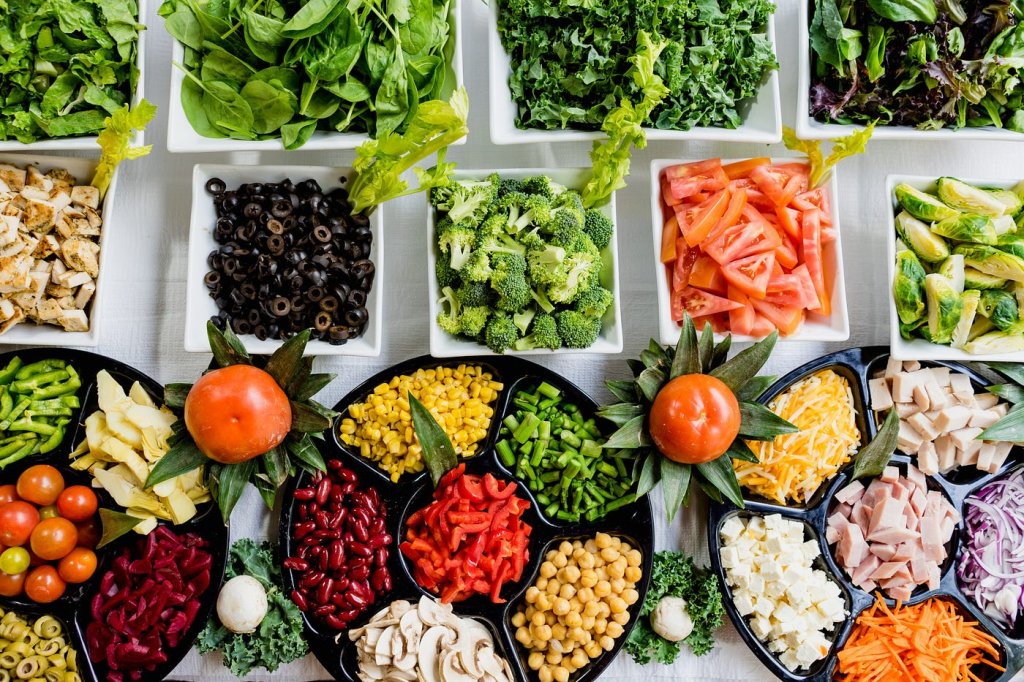Have you ever thought about what the healthiest food is? Many of us are curious about what to eat to stay healthy and energetic. Eating the right foods is crucial for our bodies to work their best. It helps us grow, stay energized, and keep us safe from getting sick.
But with different types of food options available, it can be confusing to identify the healthiest one. In reality, there isn’t just one food that can be called the absolute healthiest. Instead, it’s about a mix of foods that team up to provide our bodies with the nutrients they require. These foods include fruits, vegetables, whole grains, lean proteins, and healthy fats.
We’ll tell you about some good foods that can boost your health and make a healthier choice for you.
Avocados are the Healthiest Food
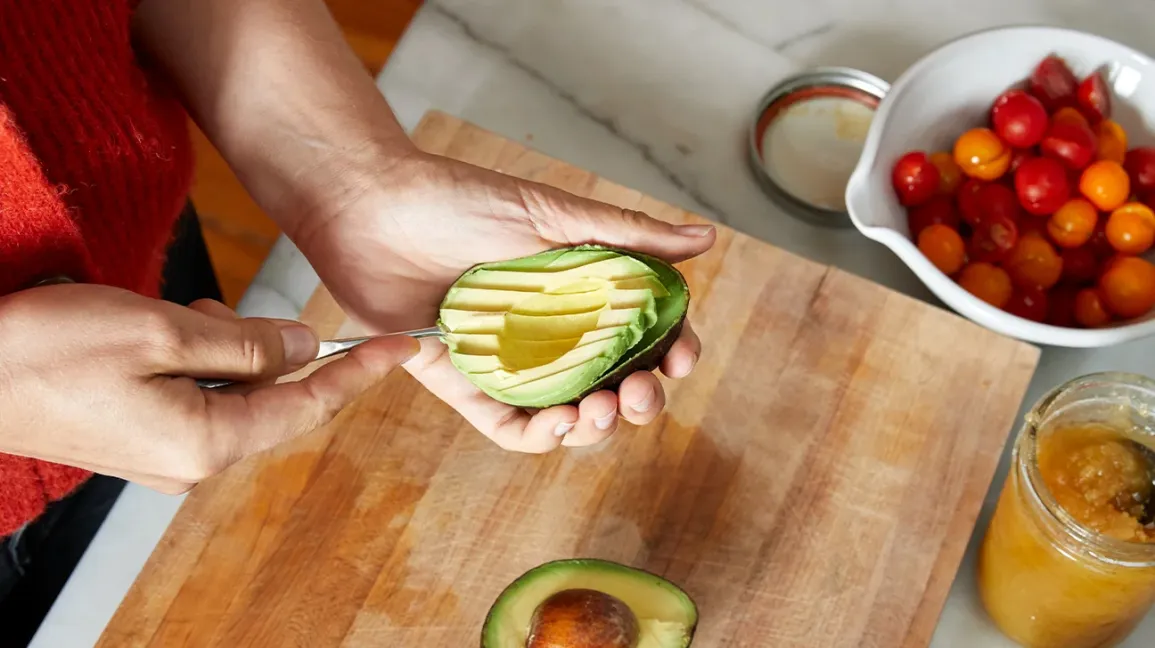
Avocados are often called superfoods because they’re really good for you. They have healthy fats that are best for your heart and can lower the bad kind of cholesterol. Avocados also have fiber, potassium, and vitamins C, E, and K, which help your skin, bones, and immune system. You can use avocados in lots of different ways.
You can use it in salads, sandwiches, or to make guacamole because they’re creamy and delicious.
Some More Healthiest Food
1. Yogurt
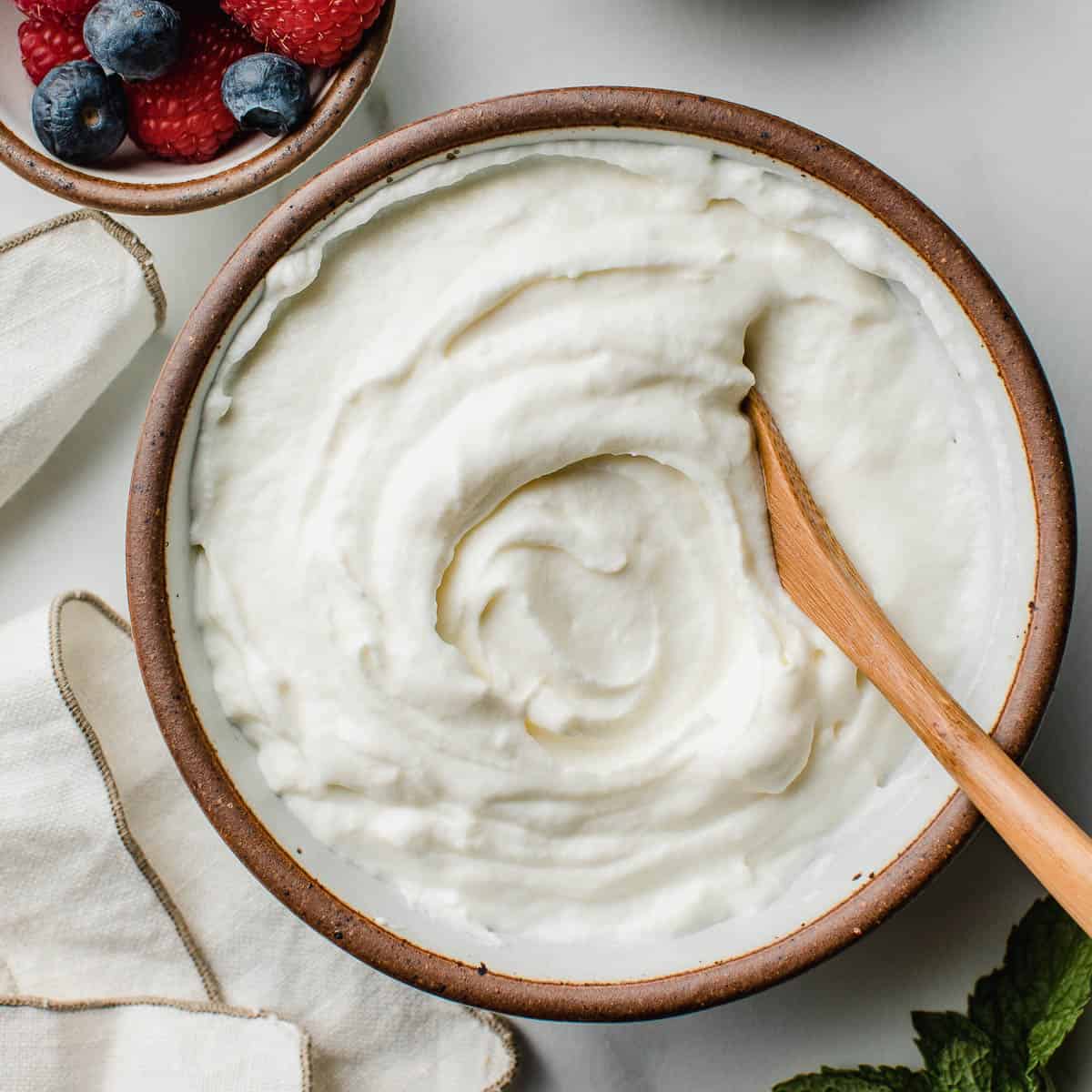
Yogurt is a creamy, healthy dairy product. It’s full of friendly bacteria called probiotics that help your stomach work well and make your immune system stronger. Yogurt also has a lot of calcium, which is best for strong bones and teeth. To avoid added sugar, choose plain yogurt and add fruits or honey for sweetness. You can eat yogurt for breakfast, as a snack, or use it in cooking and baking.
2. Blueberries
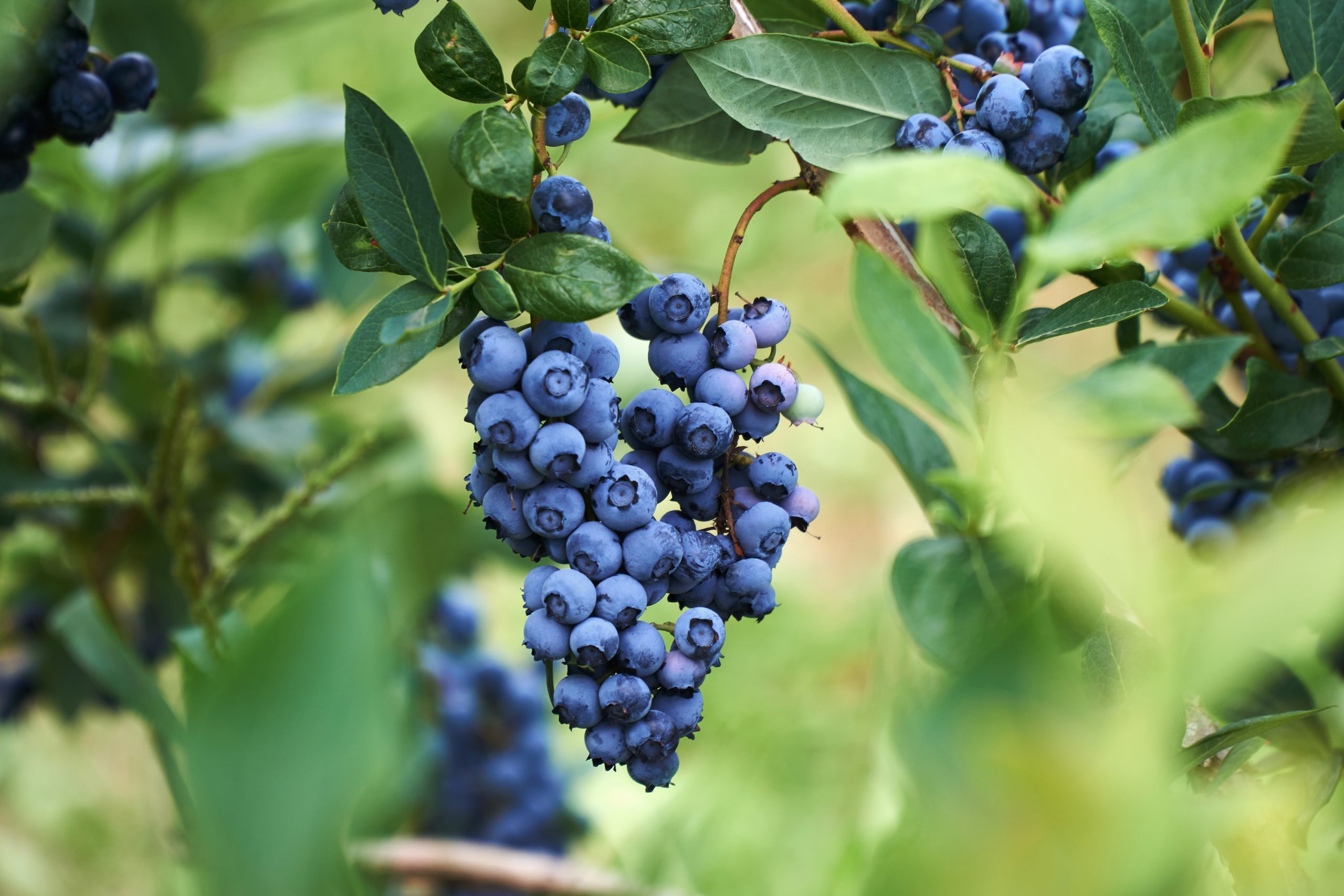
Blueberries are small, sweet, and very good for you. They’re often called superfoods because they have a lot of antioxidants that protect your body from harm caused by free radicals. These antioxidants can help your brain work better and might lower the chance of getting diseases as you age. Blueberries also have vitamins C and K, plus fiber that’s best for your digestion. You can put them in cereal or yogurt or eat them as a tasty, healthy snack.
3. Almonds

Almonds are a popular nut with lots of great stuff for your body. They have healthy fats, especially the kind that’s good for your heart and can lower bad cholesterol. Almonds are also high in protein, which makes you feel full and satisfied. Plus, they have vitamin E, which keeps your skin healthy, and magnesium, which helps your muscles and nerves work well. You can eat almonds as a crunchy snack or sprinkle them on salads and oatmeal for extra nutrition.
4. Wheat
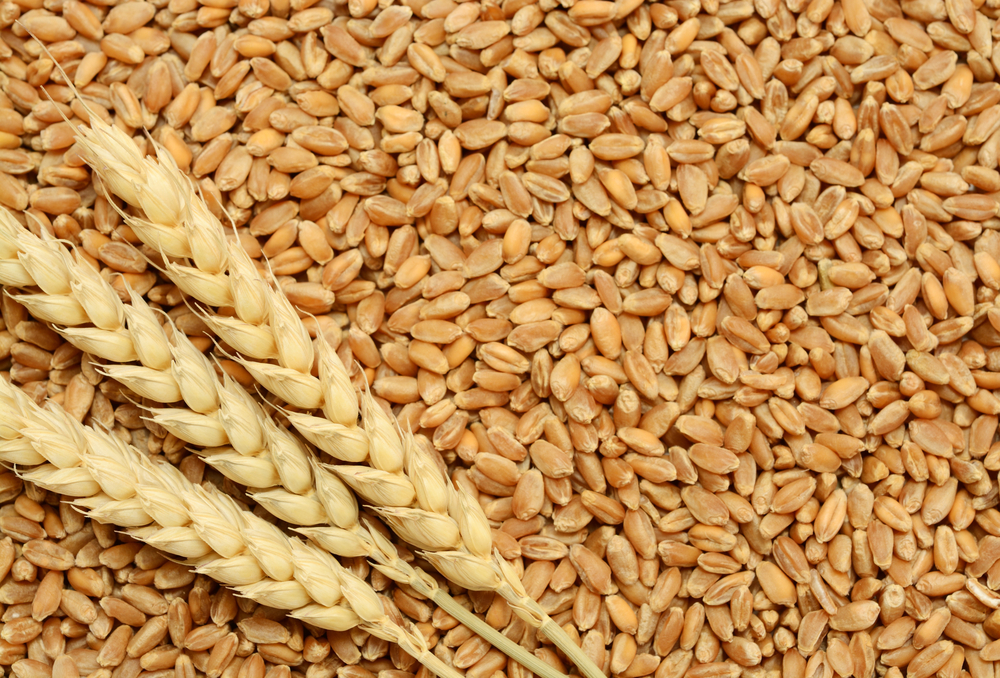
Wheat is a common food in many diets, and whole wheat is the healthiest kind. It’s full of complex carbohydrates, which give you steady energy all day. Whole wheat also has a lot of fiber, which helps with digestion and keeps your weight in check. It contains important minerals, magnesium, and phosphorus, as well as B vitamins in the form of folate and niacin. You can use whole wheat to make bread, pasta, and cereals, giving you a filling and nutritious meal.
5. Brown Rice
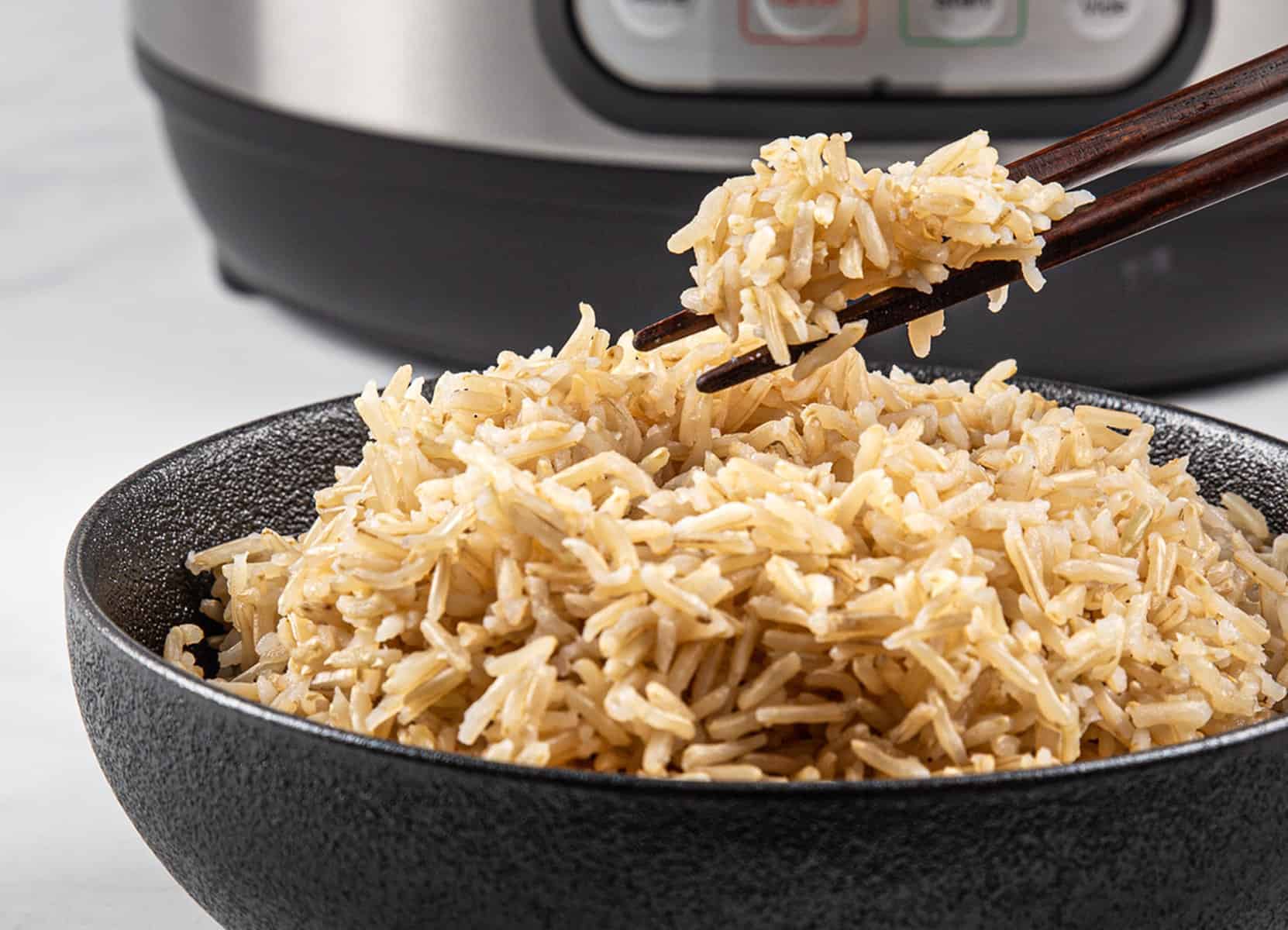
Brown rice is a whole grain that’s better for you than white rice. It’s loaded with fiber, which helps your digestion and keeps your blood sugar stable. Unlike white rice, which has some of its healthy parts removed, brown rice keeps all the great stuff, including vitamins and minerals. It’s especially rich in manganese, which keeps your bones healthy, and selenium, an antioxidant that protects your cells. Brown rice is a flexible side dish and a great base for grain bowls. It has a nutty flavor and lots of health benefits.
6. Leafy Green Vegetables
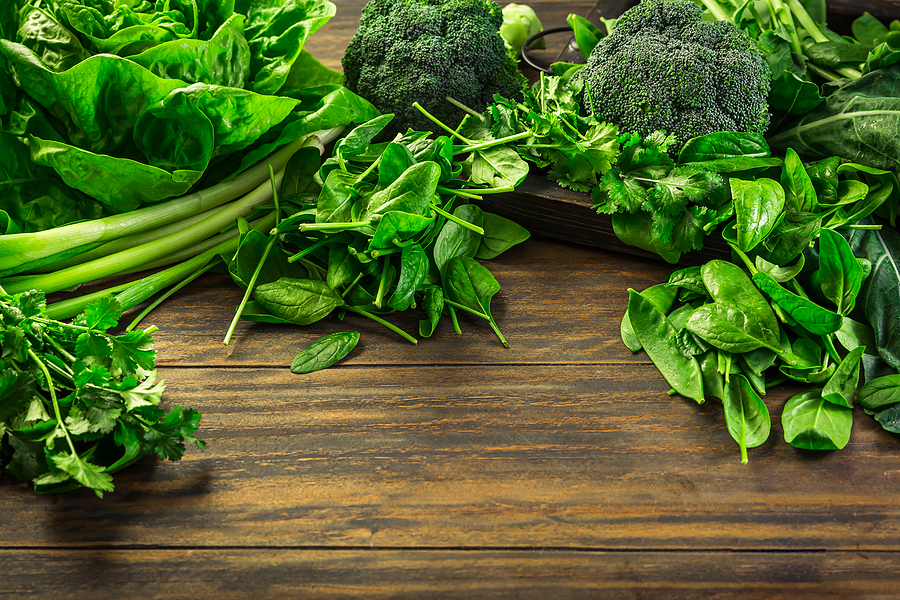
Leafy green vegetables such as spinach, kale, and broccoli are super healthy. They have vitamins A and C, which are best for your eyes and immune system. They’re also low in calories and full of fiber, so they help with weight control. These veggies also have antioxidants and minerals. You can eat them in salads or cook them as a side dish. They’re a must for a healthy diet.
7. Carrots

Carrots are those orange veggies that are great for your eyes and skin because they have something called beta-carotene. Beta-carotene turns into vitamin A in your body. Carrots also have fiber and vitamin K. You can eat them as a crunchy snack or add them to soups, stews, or stir-fries to make your meals tastier and healthier.
8. Brazil Nuts

Brazil nuts are special because they have a lot of selenium, which is a mineral your body needs for many things. You only need a few Brazil nuts to get all the selenium you need for the day. They also have good fats and protein, making them a healthy snack.
Conclusion
There isn’t a single food that can meet all our nutritional needs. Our bodies grow when we consume a variety of nutrients. Among the healthiest choices are fruits and vegetables, minerals, and fiber, which safeguard us from illnesses.
Whole grains like brown rice and wheat contribute to our energy levels and digestive health thanks to their high fiber content, which is also beneficial for heart health. Lean proteins, such as avocados and carrots, support muscle growth and repair. Healthy fats sourced from almonds and leafy green vegetables can improve brain function.
It’s important to remember that our overall eating pattern is the most significant factor in achieving and maintaining good health.
Be sure to check out these other posts for more fascinating insights:

